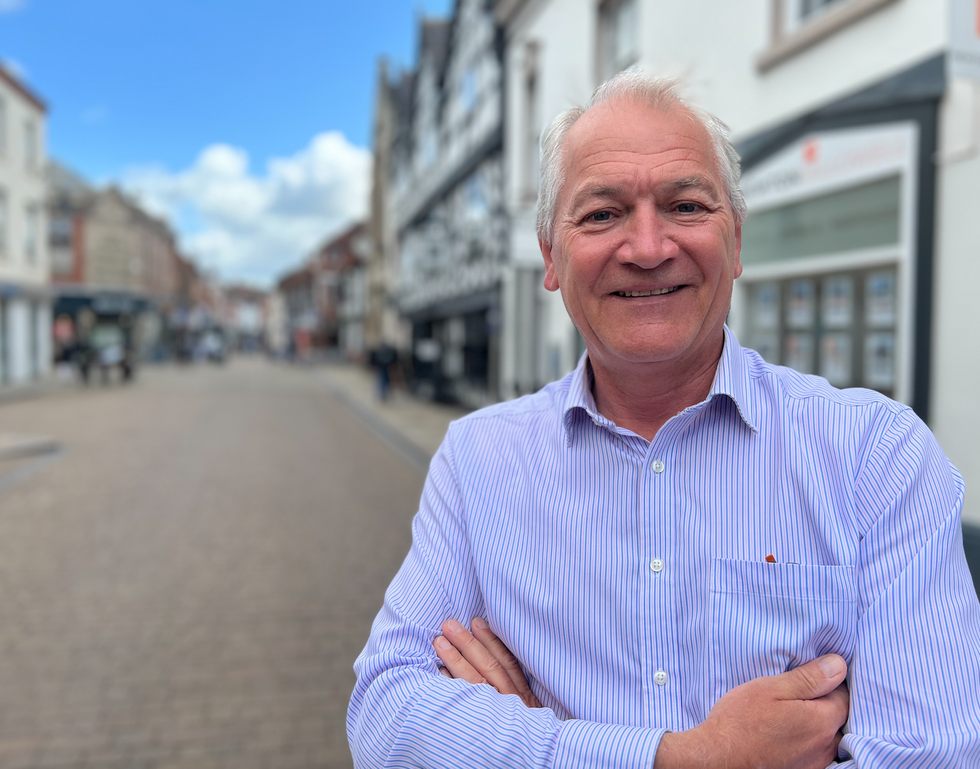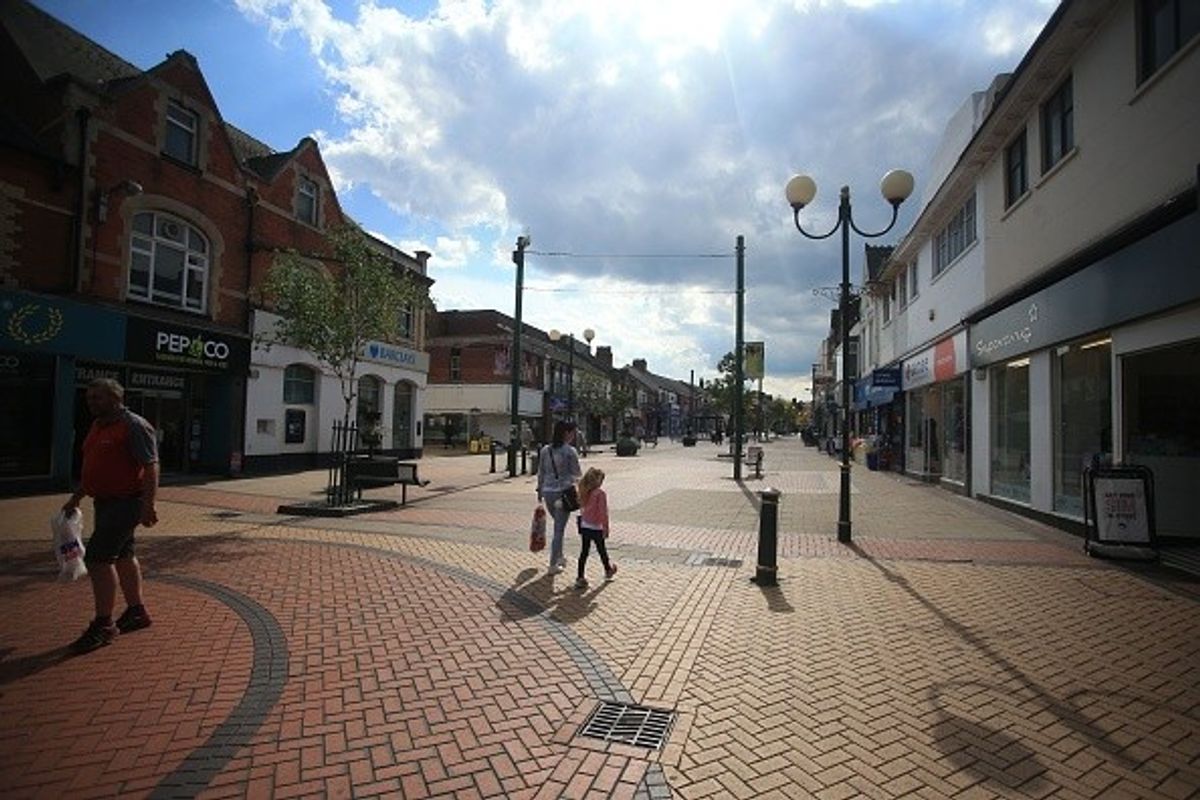We recently appeared on TV discussing business rates alongside a coffee-shop owner. His story encapsulates the devastating impact of the government’s “reform” of business rates on independent retailers.
This entrepreneur, whose beautiful coffee shop is a community hub, was facing sleepless nights. His business rates bill rocketed from just over £3,000 to £8,000 – that’s before applying the reduced 40 per cent Retail, Hospitality and Leisure discount. His gross liability sits at just under £13,000 annually. He’ll need to sell hundreds more coffees each month just to cover this extortionate increase.
His anguish is shared by thousands of independent retailers. The reduction of the RHL discount from 75 per cent to 40 per cent has already had a dramatic effect and is just the beginning. With multiplier changes on the horizon and the government’s autumn statement looming, the worst is yet to come.
The current system – 49.9p for rateable values below £51,000 and 55.5p above – is set to change, and any increase above the current 49.9p multiplier will exacerbate the impact already felt. For medium-sized indies with rateable values above £51,000, rate increases of a whopping minimum 333 per cent will occur by 2026.
The government’s promised reform simply doesn’t go far enough. While it helps the smallest retailers, it leaves thousands facing crippling increases. During our engagement with HM Treasury in March, we made several specific requests, calling for Small Business Rate Relief to be changed so it can apply to more than one property, recognising that many independent retailers operate small chains. We demanded transitional relief for businesses with rateable values above £50,000, who will bear the largest real-terms increase.
We also insisted that the proposed 20p and 10p multiplier reductions should be the minimum, not the maximum, to give businesses better forward planning ability. We want thresholds increased in line with inflation to avoid fiscal drag, annual rate reviews to reflect ongoing market changes, and improvement relief extended to five years to encourage investment in technologies including CCTV.
The devil will be in the detail when new multiplier rates are announced in the autumn statement.

Independent retailers are the backbone of Britain’s high streets. While we appreciate the government’s recognition of this through targeted relief, we’ll continue to monitor implementation closely to ensure reforms deliver genuine support for the businesses that make our communities vibrant.
That coffee shop owner in Staffordshire deserves better than sleepless nights worrying about whether he can afford to keep his doors open. The government promised to reduce the burden – it’s time they delivered on that promise.

